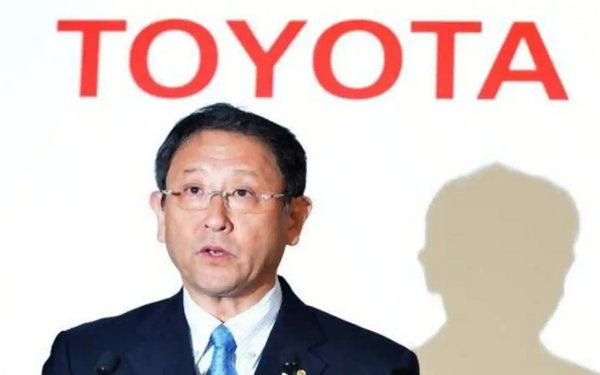It’s no secret that Toyota’s president, Akio Toyoda, despises EVs. At the end of last week, he released the next chapter:
Toyoda reportedly told reporters in Thailand, “People involved in the auto industry are largely a silent majority.” The unsaid majority is questioning whether or not electric vehicles should be the only choice. But they’re afraid to go against the grain because they attribute it to fashion.
It’s possible he’s right. There’s a good chance that most automakers’ top brass just don’t like EVs, and that wouldn’t surprise me at all. As a matter of fact, the traditional auto industry was slow to adopt EVs. Once they had products that showed promise, they let them wither on the vine. In other instances, it was abundantly clear that the products being churned out of the factory did not even come close to meeting the minimum standards set forth by law. They likely prefer to keep producing gas and diesel vehicles, but recognise the importance of having a backup plan in the event that those sources dry up.
Toyota’s apparent unwillingness to compromise on electric policy could be seen as odd by some. The Prius was the first of the company’s vehicles to feature a hybrid-electric drivetrain, and the technology has since been applied to the rest of the company’s vehicles. Based on this, it is safe to assume that it has extensive knowledge of the electric motors, battery packs, and battery management systems that make up an EV’s powertrain.
To an industry that has become accustomed to adjusting the internal combustion engine endlessly to compensate for its flaws, hybrids may have seemed like a revolutionary step forward, but they were actually only a small step. Hybridization did not do away with the internal combustion engine, but instead added electric motors to help get the vehicle moving and provide assistance at low speeds, where fossil-fuel engines are least efficient.
Mechanical engineers, many of whom are experts at squeezing out extra percentage points from combustion engine technology, populate the ranks of every venerable automaker. They might be able to handle the design of electric powertrains adequately, but this is not their primary area of expertise. A move toward EVs would necessitate the expertise of electrical engineers.
When viewed through this lens, Toyota’s adoption of hybrid technology is not a progressive step toward an electric future, but rather an attempt to extend the life of the internal combustion engine for as long as possible.

Subtly charming pop culture geek. Amateur analyst. Freelance tv buff. Coffee lover
